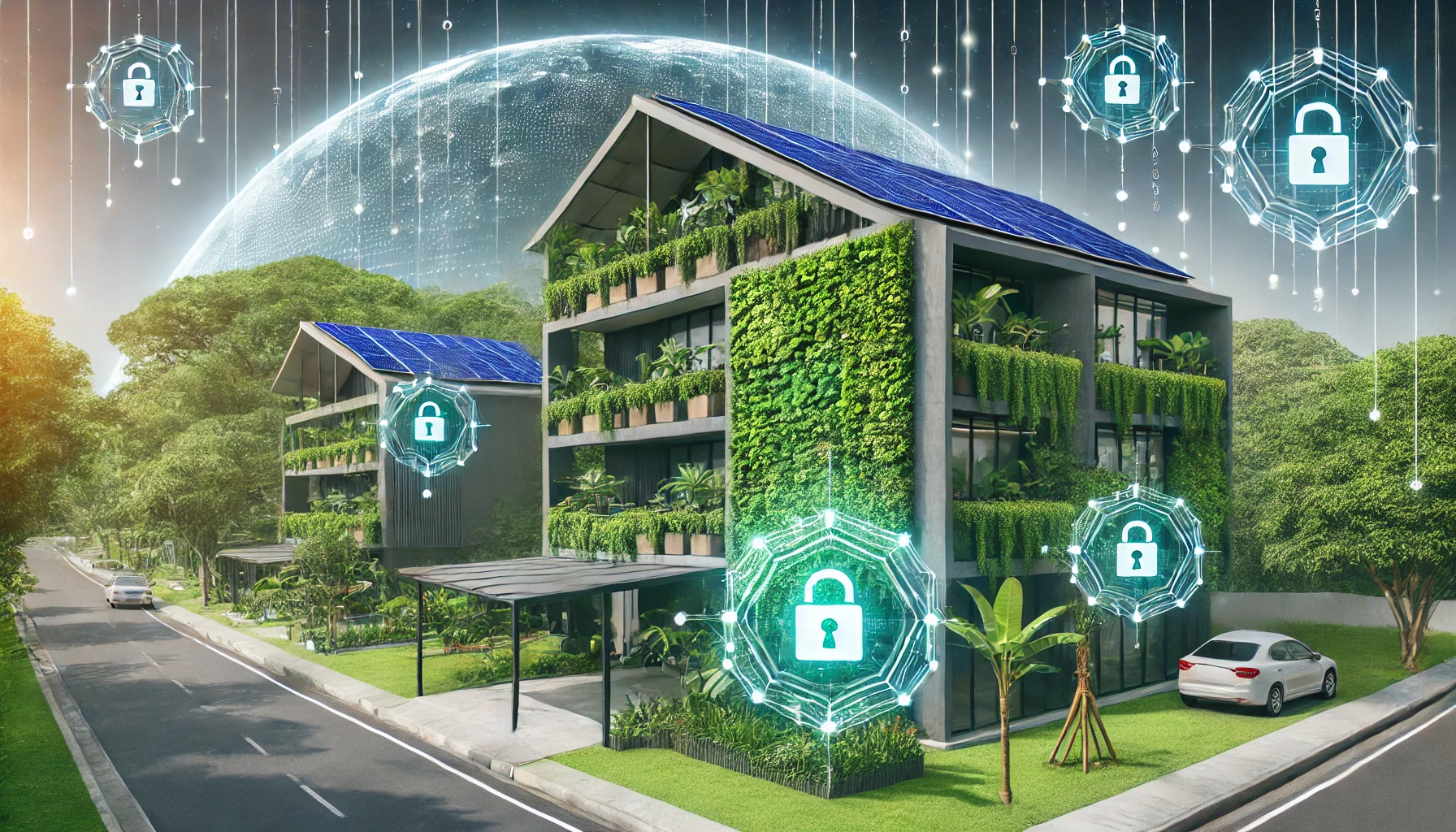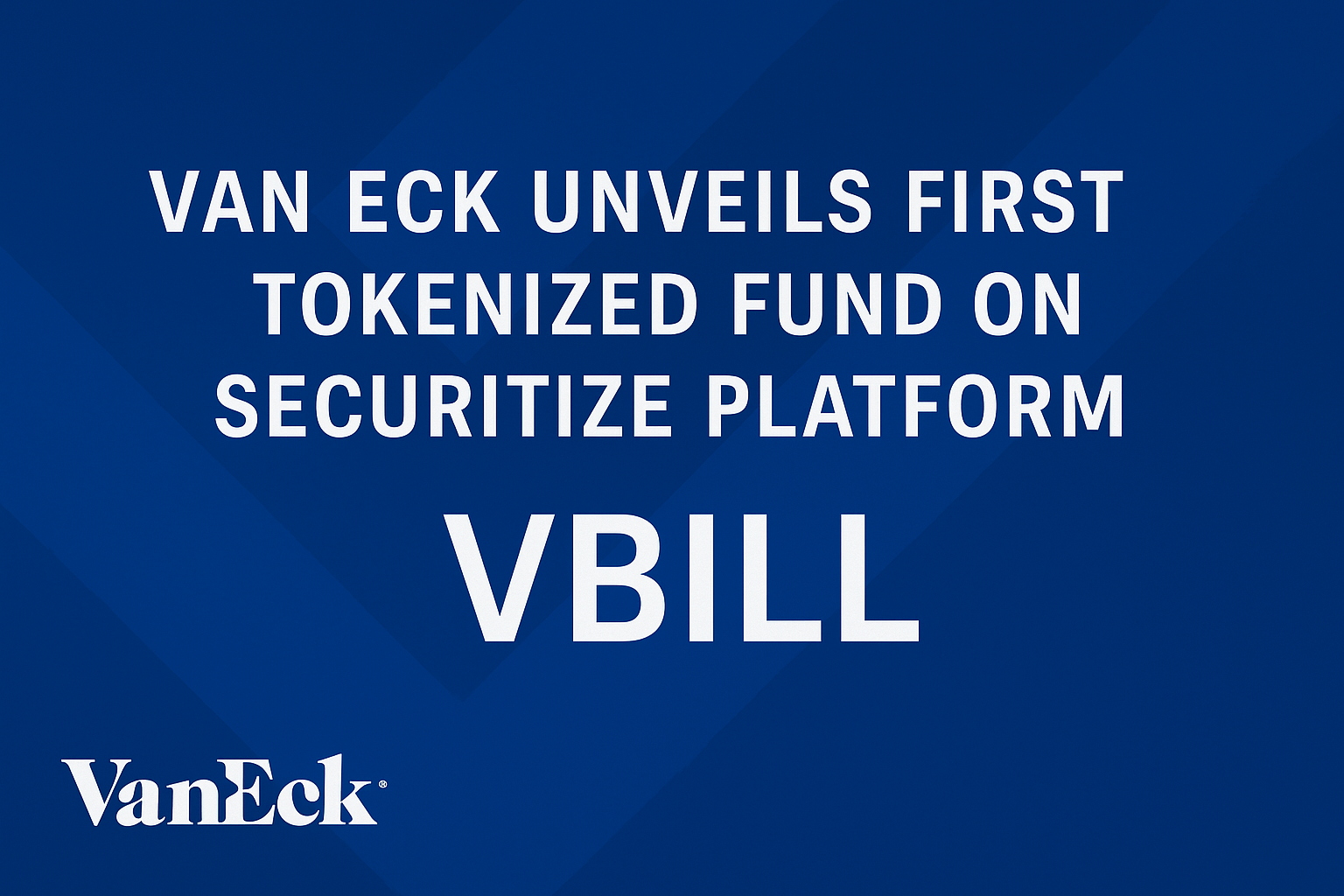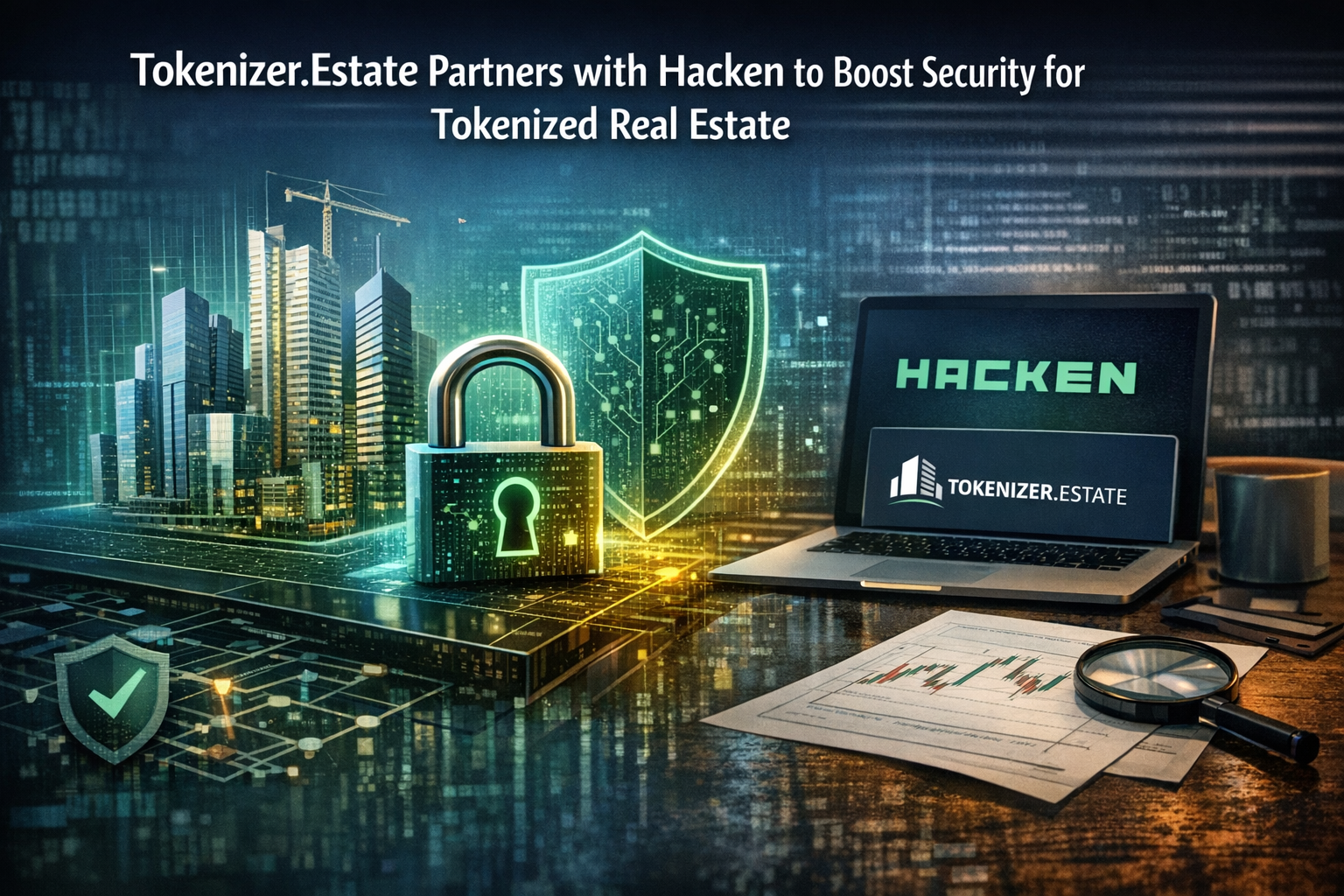As the world faces increasing environmental challenges, innovative solutions are emerging to align sustainability with modern technology. One such innovation is the tokenization of green assets—real-world properties and resources that contribute to environmental sustainability. By leveraging blockchain technology, platforms like BlockApps are transforming how these assets are owned, traded, and managed.
What Is Tokenization?
Tokenization refers to the process of converting ownership rights of an asset into a digital token on a blockchain. These tokens can represent a fractional share of the asset, allowing multiple investors to own and trade portions of the property or resource. For sustainable assets, this approach is particularly impactful in promoting liquidity, transparency, and accessibility.
Applications in Green Real Estate
Green real estate includes buildings designed for energy efficiency, water conservation, and reduced environmental impact. Traditionally, investing in such properties required significant capital, limiting opportunities to large institutions or wealthy individuals. With tokenization:
- Fractional Ownership: Investors can purchase small shares of green properties, democratizing access to sustainable real estate markets.
- Improved Liquidity: Tokenized assets can be traded on blockchain platforms, offering investors the ability to buy or sell their shares quickly.
- Transparency: Blockchain records ensure clear and immutable tracking of ownership and compliance with sustainability standards.
For example, a residential building with LEED certification (Leadership in Energy and Environmental Design) could be tokenized, inviting diverse investors to contribute to environmentally conscious development projects.
Tokenizing Water Rights
Water is one of the planet’s most critical resources, and its management is becoming increasingly vital. Tokenizing water rights—the legal permissions to use specific amounts of water—can revolutionize resource distribution by:
- Enhancing Efficiency: Blockchain can streamline the allocation of water resources, reducing waste and ensuring fair usage.
- Attracting Investments: Tokenized water rights provide a way for individuals and organizations to invest in sustainable water management projects.
- Promoting Accountability: Transparent blockchain records ensure that water usage aligns with conservation goals.
The Role of BlockApps
BlockApps is at the forefront of this movement, providing blockchain solutions that simplify tokenization and enhance asset management. Their platform enables the creation of secure, scalable tokenized ecosystems for green assets, integrating:
- Smart contracts for automated and efficient transactions.
- Data-driven insights for tracking environmental performance.
- Compliance features to ensure assets meet sustainability and regulatory standards.
The Future of Green Asset Tokenization
As global investors prioritize sustainability, tokenization offers a pathway to finance green initiatives while achieving financial returns. By democratizing access to environmentally friendly investments, technologies like BlockApps can:
- Foster greater collaboration between stakeholders.
- Accelerate the adoption of sustainable practices.
- Create a positive impact on global environmental goals.
Tokenizing green assets is more than a financial innovation—it’s a step toward a greener, more equitable future. By integrating blockchain with sustainability, we’re proving that technology can play a critical role in protecting the planet.




